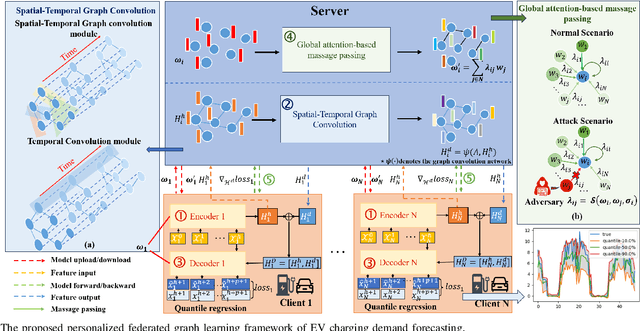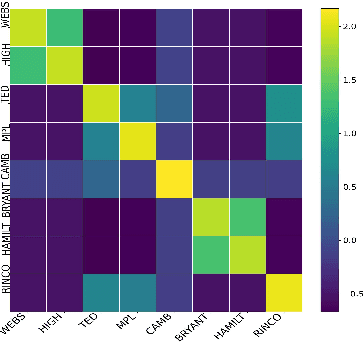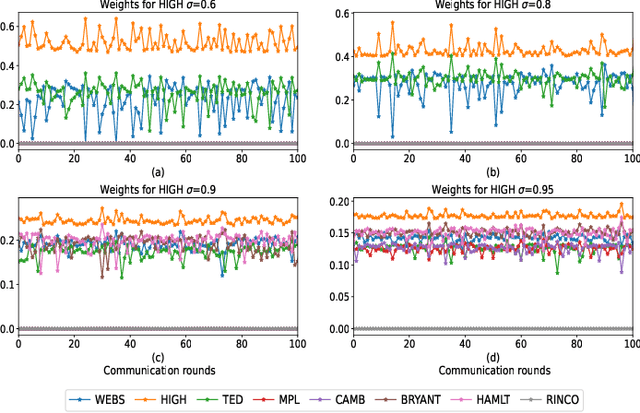Renyou Xie
FPE-LLM: Highly Intelligent Time-Series Forecasting and Language Interaction LLM in Energy Systems
Oct 30, 2024



Abstract:This paper introduces Fusion PEFT Energy LLM (FPE-LLM), a large language model (LLM) fine-tuned for energy system forecasting using a combination of Prefix and Lora Parameter-Efficient Fine-Tuning (PEFT) methods. FPE-LLM addresses three key challenges in the energy system and LLM fields: 1. Enhancing few-shot learning for handling extreme environmental conditions. FPE-LLM can leverage both textual and time-series data to achieve accurate predictions in few-shot contexts. 2. Reducing dependence on expert input to improve efficiency. FPE-LLM can provide guidance and results on related problems, acting like an expert system. Even non-experts can use FPE-LLM to complete all tasks related to forecasting and its associated tasks. 3. Mitigating hallucination risks through standardized fine-tuning. We validated this through multi-task learning and the self-reasoning characteristics of LLMs. Our research opens the door to fully realizing the intelligent potential of FPE-LLM in the energy forecasting field. With the injection of more knowledge and data, FPE-LLM is expected to replace a significant amount of manual work and contribute to the stability and efficiency of energy forecasting.
Federated Graph Learning for EV Charging Demand Forecasting with Personalization Against Cyberattacks
Apr 30, 2024



Abstract:Mitigating cybersecurity risk in electric vehicle (EV) charging demand forecasting plays a crucial role in the safe operation of collective EV chargings, the stability of the power grid, and the cost-effective infrastructure expansion. However, existing methods either suffer from the data privacy issue and the susceptibility to cyberattacks or fail to consider the spatial correlation among different stations. To address these challenges, a federated graph learning approach involving multiple charging stations is proposed to collaboratively train a more generalized deep learning model for demand forecasting while capturing spatial correlations among various stations and enhancing robustness against potential attacks. Firstly, for better model performance, a Graph Neural Network (GNN) model is leveraged to characterize the geographic correlation among different charging stations in a federated manner. Secondly, to ensure robustness and deal with the data heterogeneity in a federated setting, a message passing that utilizes a global attention mechanism to aggregate personalized models for each client is proposed. Thirdly, by concerning cyberattacks, a special credit-based function is designed to mitigate potential threats from malicious clients or unwanted attacks. Extensive experiments on a public EV charging dataset are conducted using various deep learning techniques and federated learning methods to demonstrate the prediction accuracy and robustness of the proposed approach.
 Add to Chrome
Add to Chrome Add to Firefox
Add to Firefox Add to Edge
Add to Edge